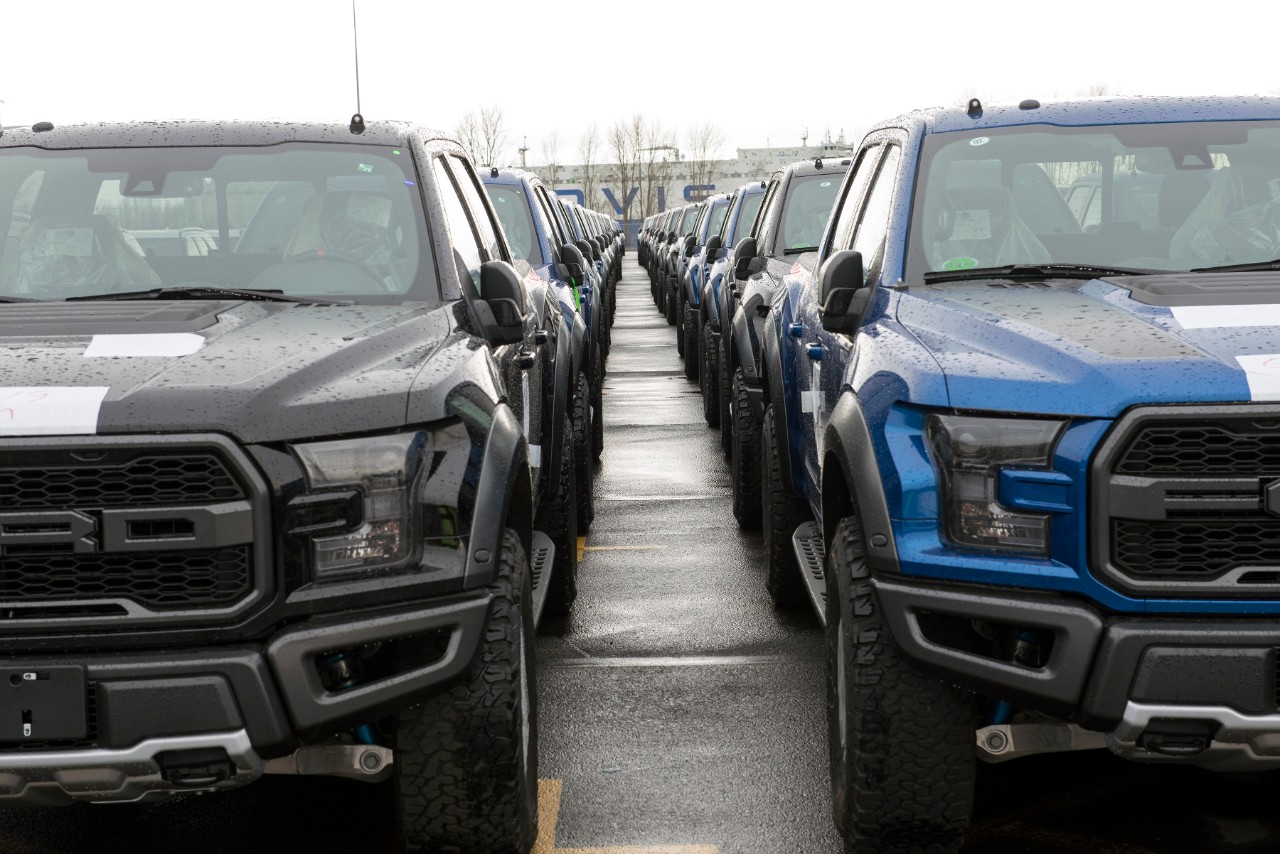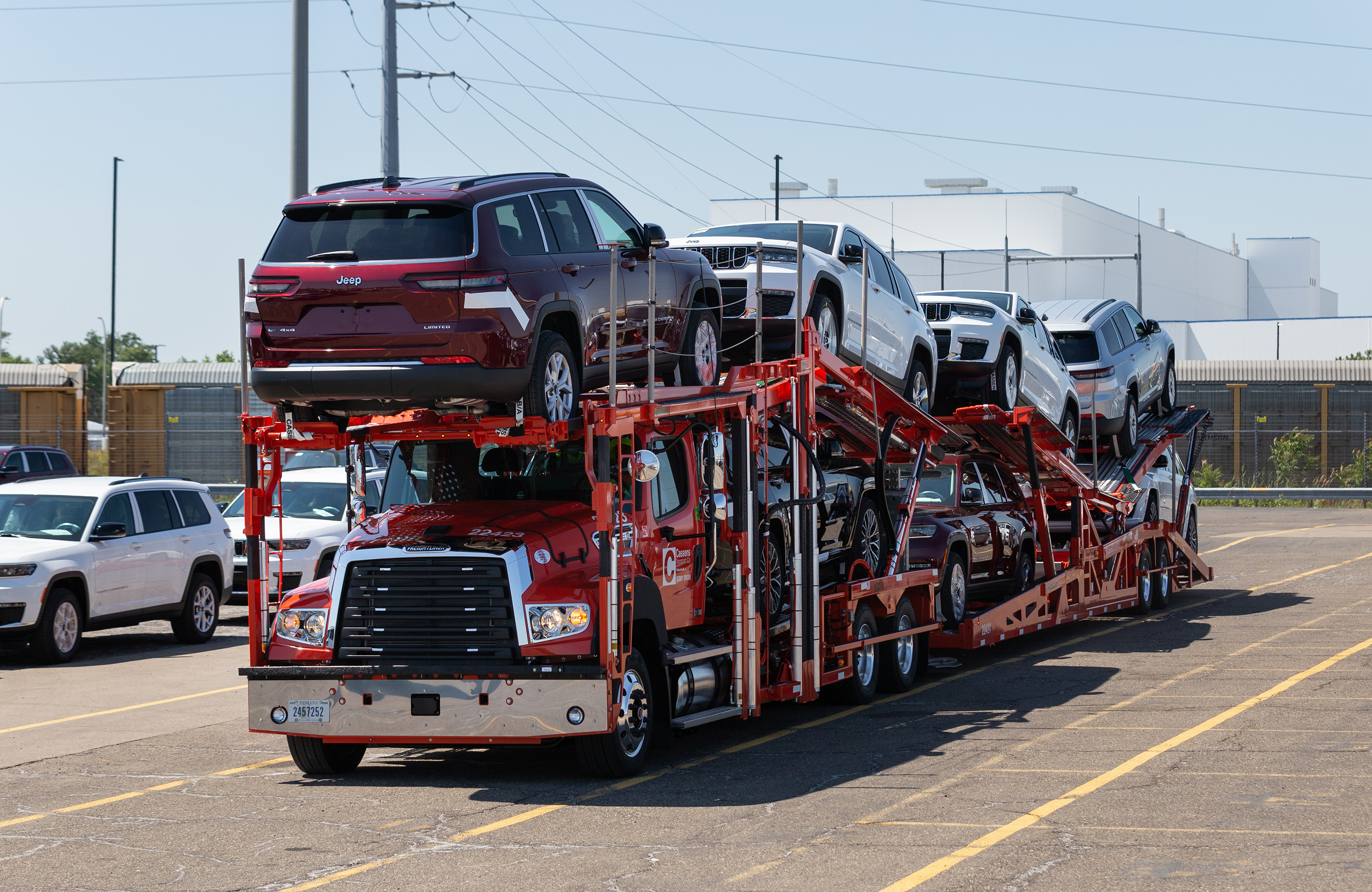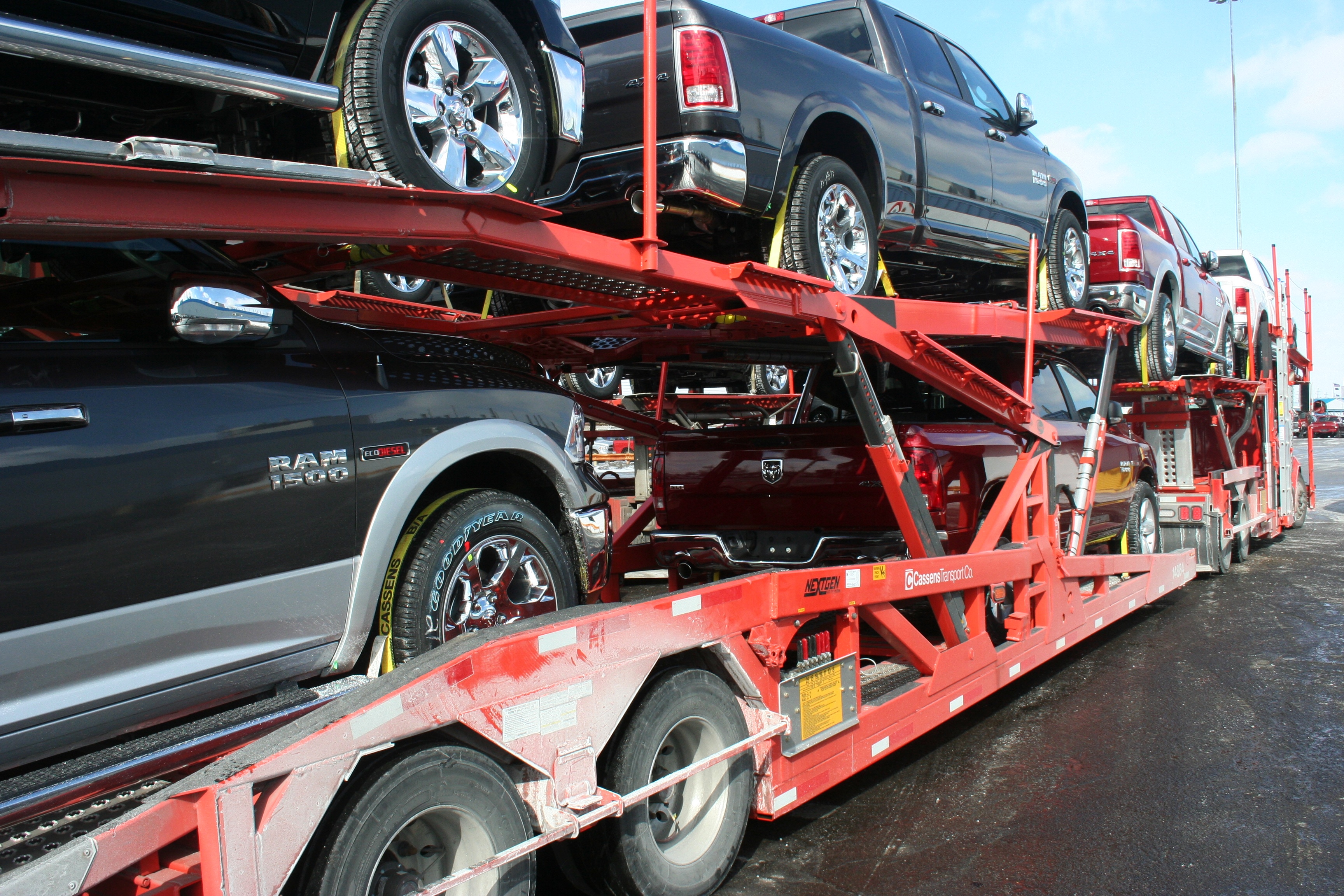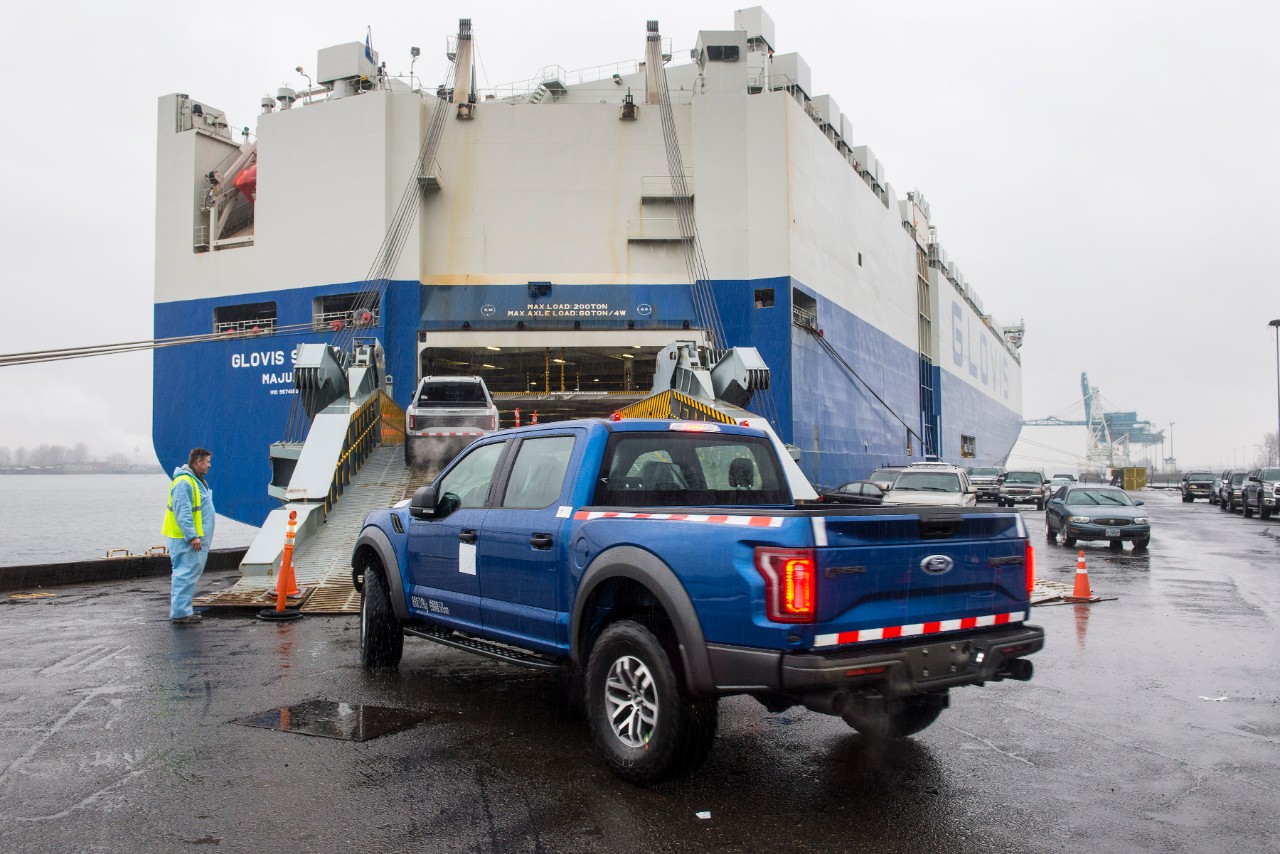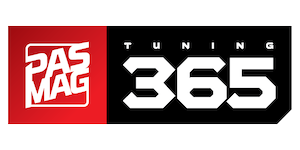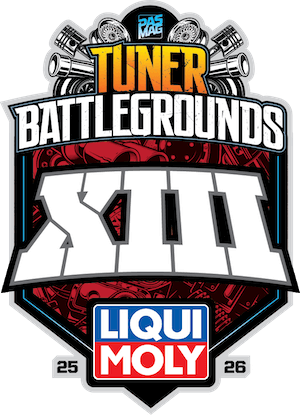You likely don’t give it a second thought, but there is a remote chance the car you’re driving – the one you paid for and completed reams of paperwork to plate, insure and legally own – is stolen.
Now, don’t worry – odds are the car you bought either online, or through a friend, or from a dealer is, in fact, completely legal and above board. So don’t expect a knock on the door from the police anytime soon.
But a recent report from the CBC lays out in detail just how common a practice known as re-VINing is. Re-VINing is the process of cloning a car’s Vehicle Identification Number (VIN), which is usually located on the dash and on the frame near the driver’s door jamb. Stolen car rings will take the cloned VIN from an exported vehicle and apply it to a stolen vehicle.
Cloned VINs are hard to detect because they come from cars that have left the country and are unlikely to return. The vehicles with cloned VINs can then be bought and sold legitimately without anyone discovering that they’re stolen. And don’t think government agencies, insurance companies, and dealers will catch them either – they’re often just as in the dark as the purchaser.
Auto theft has been surging in Canada in recent years. According to the Insurance Bureau of Canada, losses from car thefts has risen 254 percent between 2018 and 2023, representing roughly $1.5 billion CAD in insurance claims costs. In the U.S., more than 1 million cars were stolen in 2023, according to the National Insurance Crime Bureau. Like Canada, auto thefts have also been increasing in the U.S., with a 41 percent spike occurring between 2019 and 2023.
Some auto theft rings can be massive, too. An old FBI report I found recounts a 2009 case – Operation Dual Identity – where 17 people were arrested in the U.S. and Mexico. The thieves, who were operating in Illinois, Florida, and Mexico, stole more than 1,000 cars worth roughly $25 million over a 20-year period. They were arrested for, among other things, cloning legal VINs and applying them to stolen cars.
And just because you’re not aware your car is stolen doesn’t get you off the hook. Police can still seize the car and void the insurance policy if they discover it’s attached to a stolen vehicle. In Ontario, Canada, the Ontario Motor Vehicle Industry Council (OMVIC), which regulates vehicle sales in the province, runs a compensation fund for owners whose stolen cars were purchased through a licensed dealer, but it doesn’t apply to private sales.
You might be wondering how thieves get their hands on VINs for export-bound cars. Well, apparently import data – including VINs for imported cars – from other countries is open source and available online. I find this reality to be a bit shocking, but I guess just about everything can be found on some dark corner of the Internet these days.
To combat VIN cloning, the Canada Border Services Agency (CBSA), has recently begun sharing export auto data with CARFAX, which sells vehicle history reports, and Équité Association, a non-profit Canadian insurance industry watchdog. What data is being shared and how its being used by these organizations is unclear. Both declined to elaborate, according to the CBC report, citing privacy concerns. Same goes for CBSA.
Some in the auto sales industry in Canada, including a used car dealer association in Ontario, and its members dealers, want access to the CBSA export data. So far, the border agency hasn’t budged. Yet. It’s worried a searchable database of exported cars for used car dealers could be a target for fraud. Still, some data is being shared so that’s progress, I guess.
So, what can you do to protect yourself when you’re buying your next car? Honestly, not much. Buying from a licensed used car dealer helps, but even they, unwittingly, sometimes sell stolen cars. Using CARFAX, or another similar service, to check a vehicle’s registration history helps. And now that data is being shared, at least in Canada, there’s hope that loopholes that makes re-VINing possible will eventually be closed.
Until then, it’s basically caveat emptor—let the buyer beware.
Photos courtesy of Ford and Stellantis
Related Articles
 PASMAG Editors’ Top 5 SEMA Builds of 2025
PASMAG Editors’ Top 5 SEMA Builds of 2025
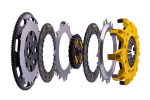 ACT Releases SFI-Approved 225mm Mod-Twin for 1989-1992 Nissan Skyline GT-R (R32)
ACT Releases SFI-Approved 225mm Mod-Twin for 1989-1992 Nissan Skyline GT-R (R32)
 MID Wheels by RAYS Introduces the All-New D8 Off-Road Wheel
MID Wheels by RAYS Introduces the All-New D8 Off-Road Wheel
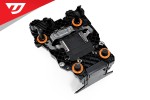 Unitronic TCU Tuning for the 8Y Audi RS3
Unitronic TCU Tuning for the 8Y Audi RS3
 Chopping Block: Acura RDX
Chopping Block: Acura RDX
 First BMW M EV confirmed for 2027
First BMW M EV confirmed for 2027


